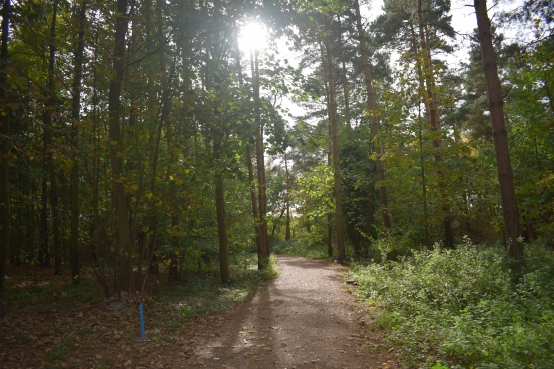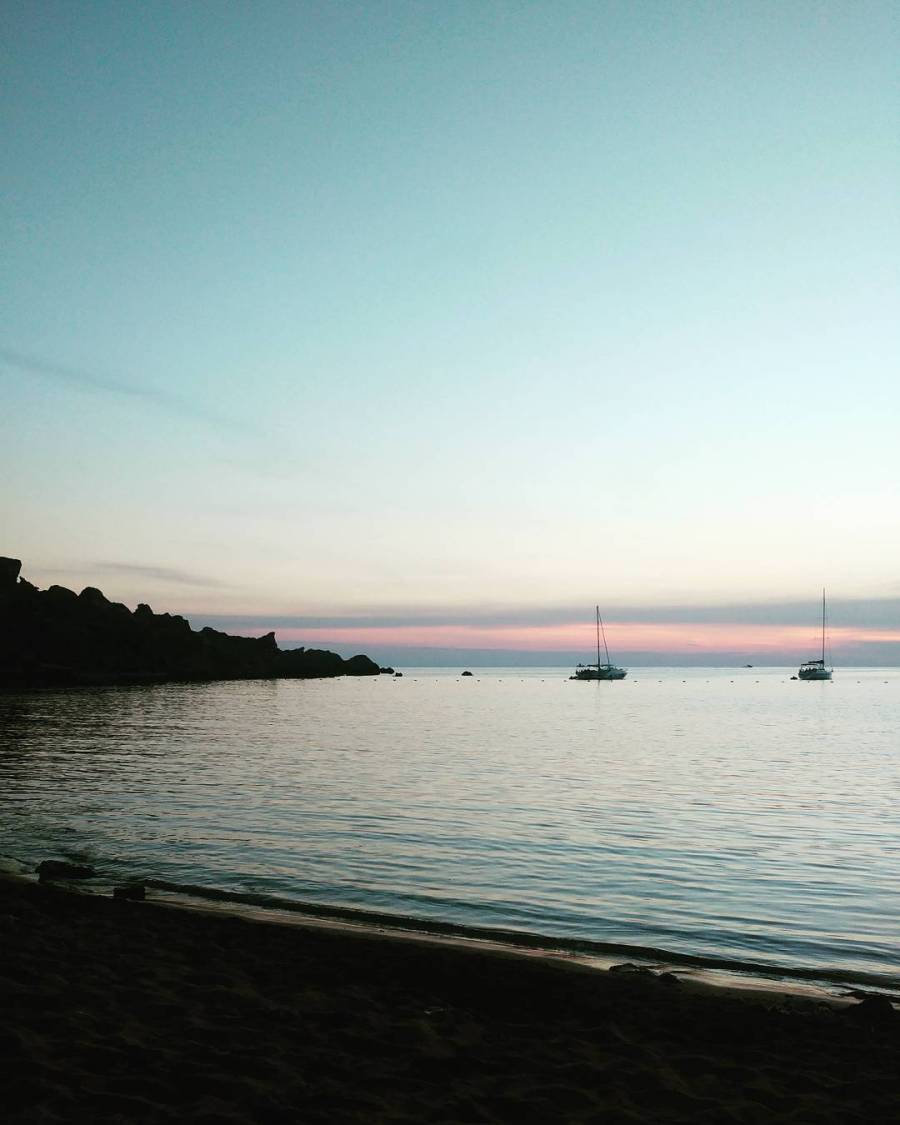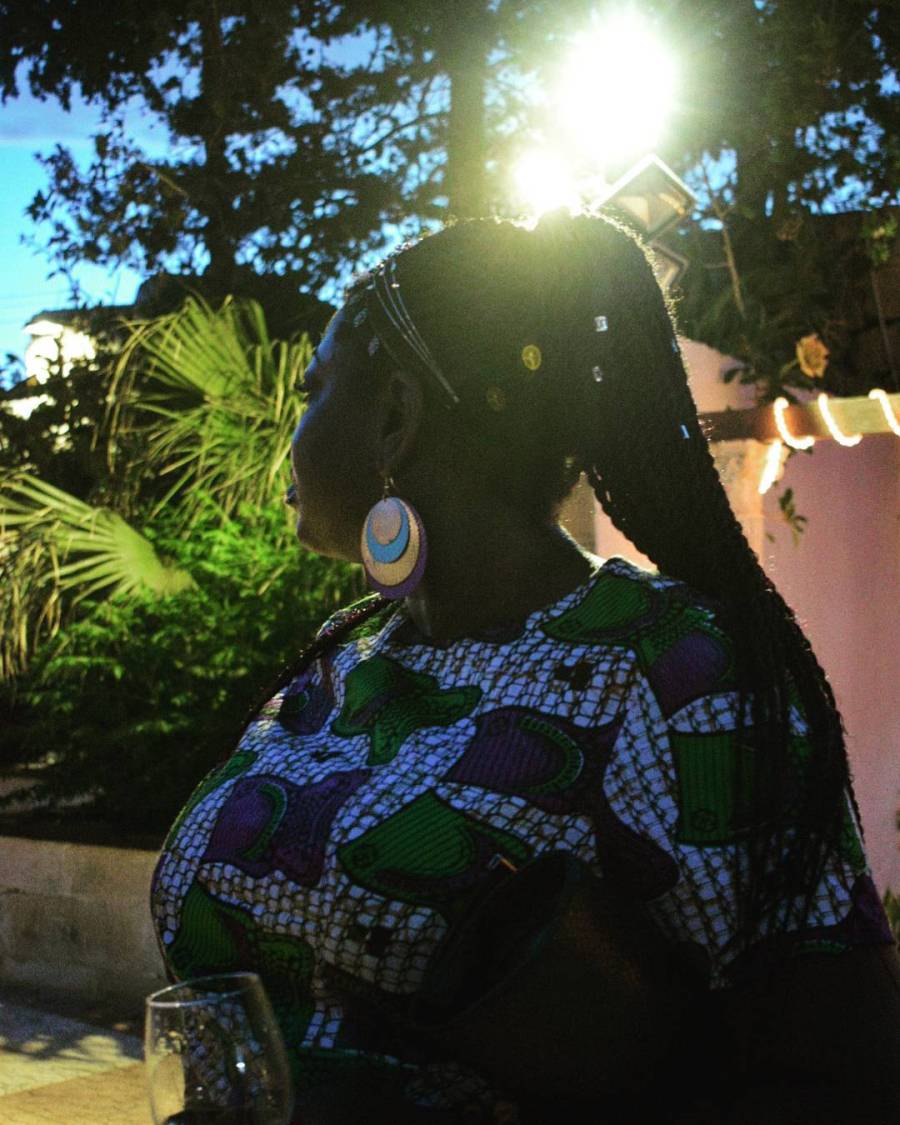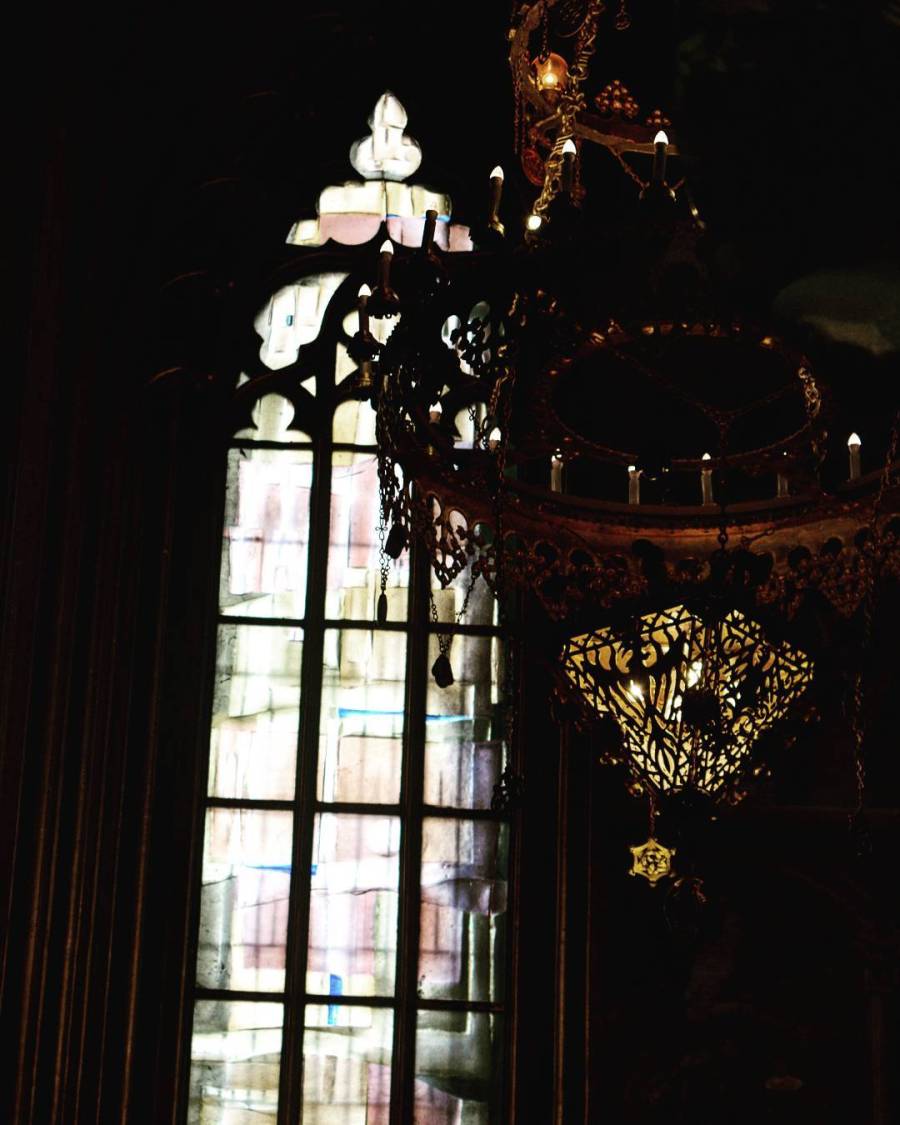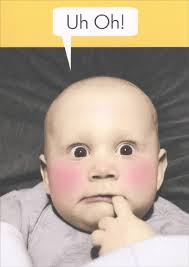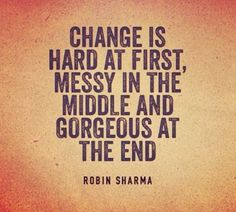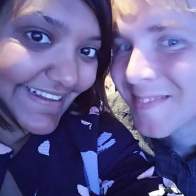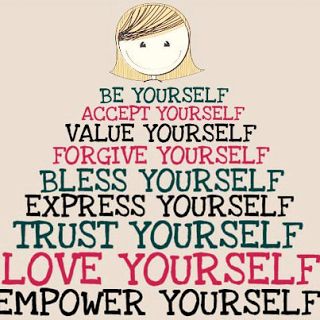So, this post has nothing to do with disability, beyond the fact that I (a visually impaired person) was editing the photos this morning (so they could look extremely funky or completely off as I have no husband to check them!). We went to the Isle of Skye over the Summer. I saw some amazing things, but my favourite part of the trip was going to see seals. We took a tiny boat and it wasn’t the best of weather, but I got to get really close to the seals, and with the trusty zoom lens I borrowed, I think I got some good pictures. Below is my favourite few, with descriptions of what I think I see. Disclaimer: I know very little about seals and can’t see well so could have described these completely wrong. Enjoy 😊
“Surprised”
Amongst many other seals (one behind and one in front) I got a photo of this one. Their face is turned towards the camera, and there is grass in front of the seal. To me, the seal looks chilled out but a bit surprised at being “papped”.
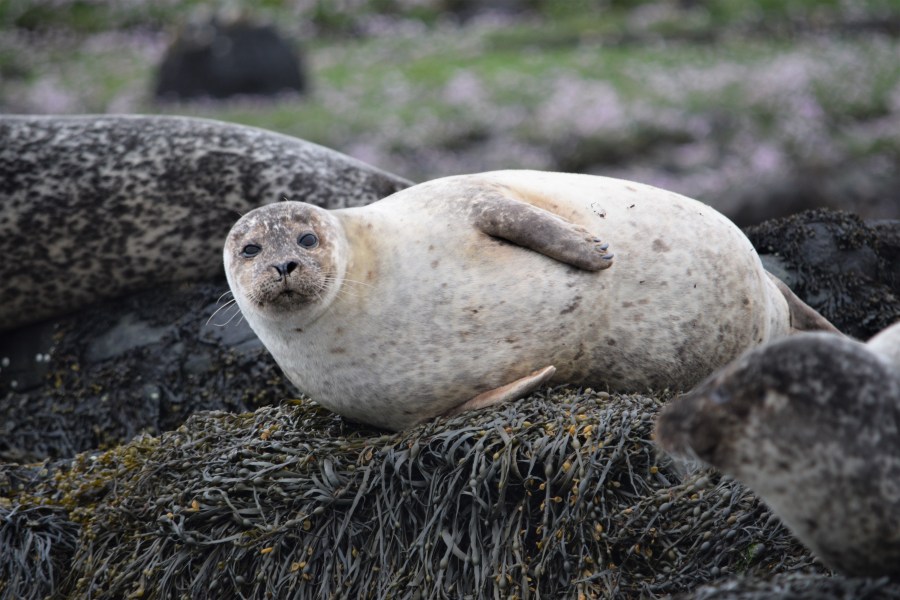
“Just had dinner”
To me this seal looks super content, the seal has his/her body half turned up and is just above the water (though the body of the seal doesn’t look wet to me). I love the expression on the seal’s face – eyes kind of closed but looking up not down. I imagine the seal has just had some food and is thinking about taking a nap at some point soon.
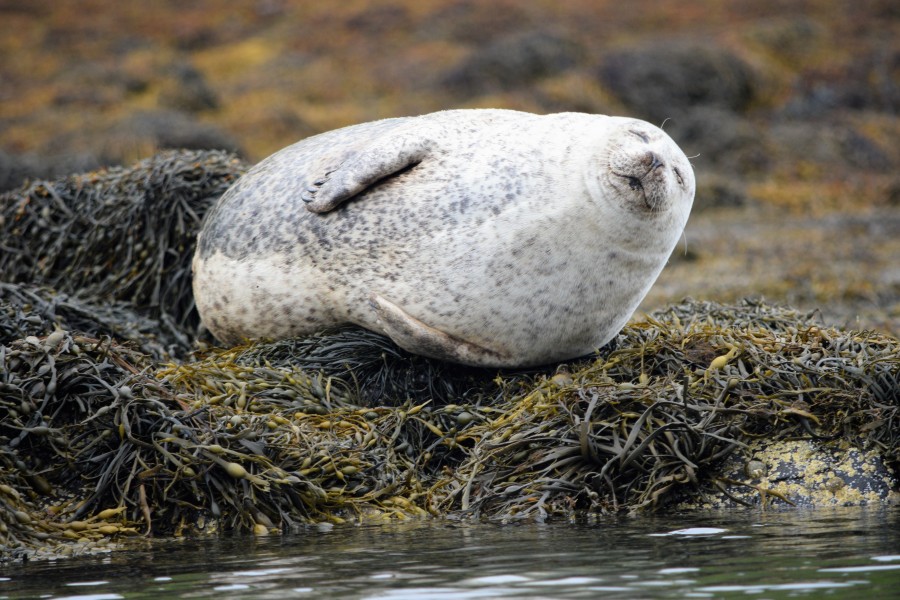
“Two seals “
These seals are lying down and I have taken a shot which includes some of the landscape around them, it’s a mixture of rocks and some patchy looking grass. These seals seem perfectly attuned with their background, a sort of melancholy, or maybe I am reading too much into it. I also like that they are lying down in the same way!
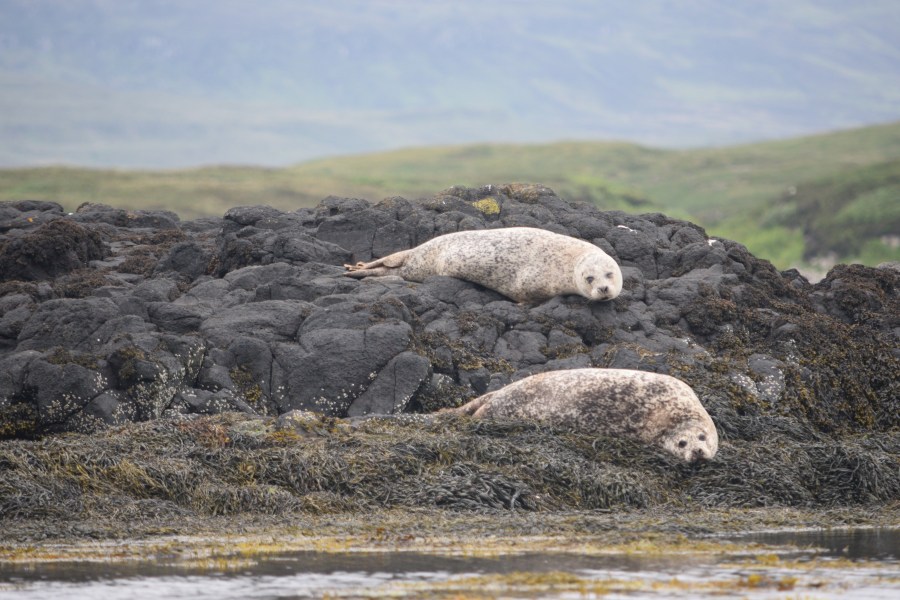
“Thinker”
The way this seal is looking up and with their eyes wide open (I think!), it looks like this seal is thinking about life, or where they may get their next meal from. I like that in this picture, I was able to capture the water in the background as I think it looks pretty.
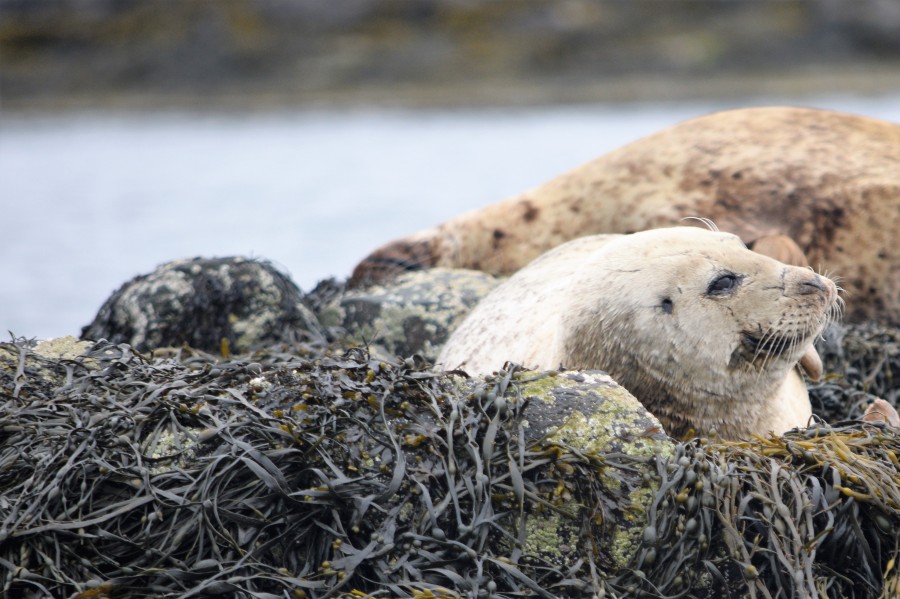
“Done for the day”
This seal looks like how I feel after a day at work! The seal is lying down, and it looks like he/she has water on part of their face. The seal’s eyes look like they are shut or getting there, and the seal looks cosy on the bits of grass underneath.
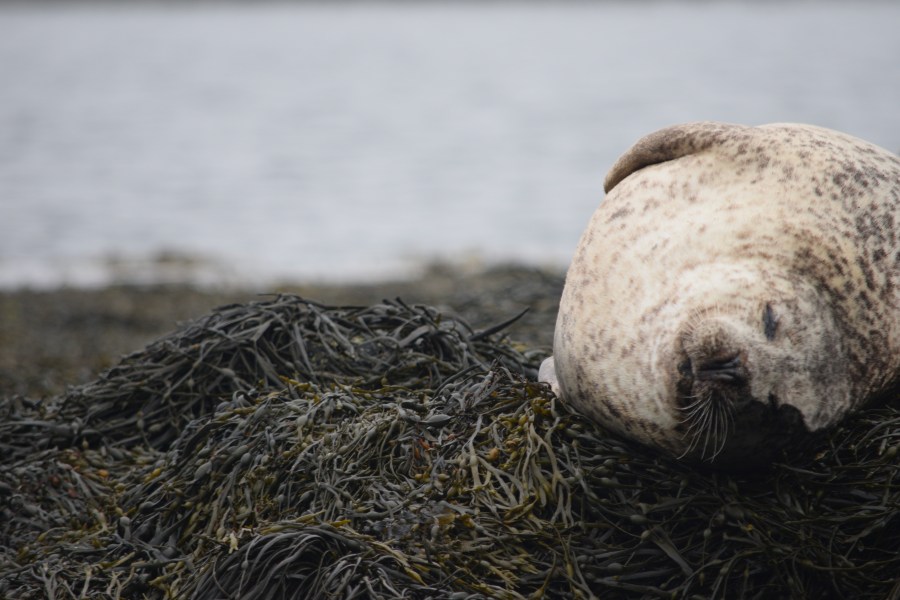
“Poser”
This seal is in a lovely stance, with the eyes open and face up. I feel like this seal is used to photos and has perfected the art of being in them. There is another seal in the background right next to this one.
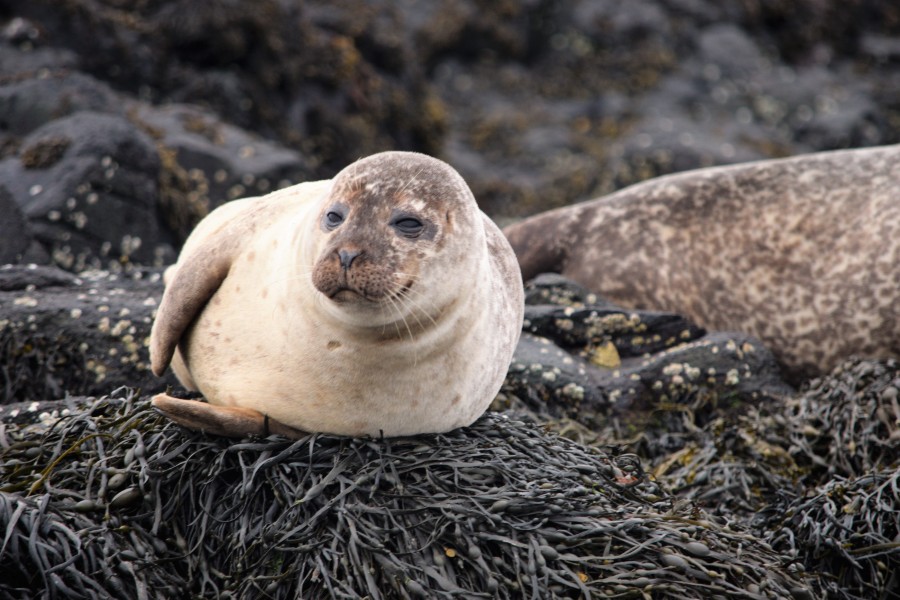
There endeth my seal pictures. I hope you enjoyed!


